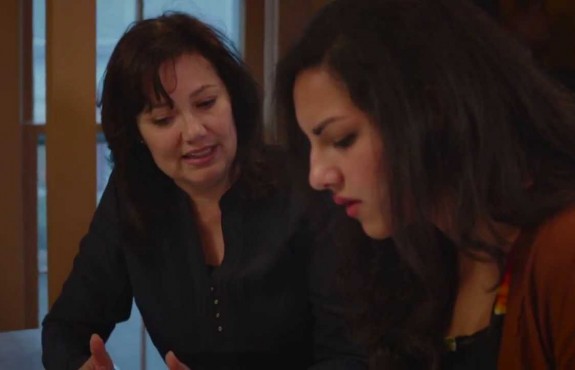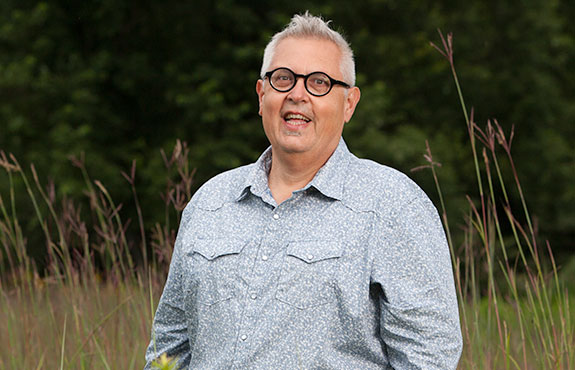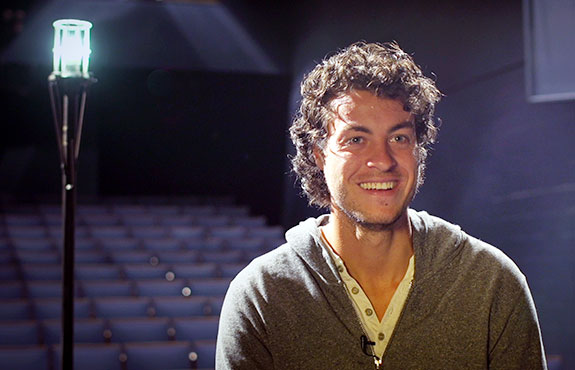Spanish
Spanish, a language which has been spoken for more than a thousand years, is rich in literary achievement. Miguel de Cervantes, Santa Teresa de Jesús, Sor Juana Inés de la Cruz, Federico García Lorca, Gabriel García Márquez, Pablo Neruda, Octavio Paz, and Rosario Castellanos are but a few of the authors who have had an enduring impact on readers throughout the world.
As the Spanish language and the various cultures through which it speaks come to form a greater part of the reality of the United States, it is becoming increasingly reasonable to think of our country as bilingual. Of the over 350 million speakers of Spanish in the world approximately 40 million of them reside in the United States, making our country the third largest in the Hispanic world. To put it another way: one in nine residents is now a native speaker of Spanish. The continuing growth of the Spanish-speaking population guarantees that the importance of Spanish in the United States can only increase.
For all the above reasons it is clear that a knowledge of Spanish is a professional asset. At Kenyon more and more students recognize that in medicine and law, commerce and industry a knowledge of Spanish has become either a necessity or an advantage for employment. And for those who are thinking of an academic career, teachers of Spanish are currently in great demand at all levels of education.
Kenyon faculty educate students for this bilingual and bicultural world in a variety of ways. We prepare students in language by offering intensive instruction at the introductory level, by making available advanced language courses, and by encouraging students to study for a semester or year in a Spanish-speaking country. Our many culture and literature courses provide an understanding of the Hispanic world and enhance our students' career opportunities in a culturally pluralistic society.
The pleasure of reading literature in the original language can remain with you for your entire life. It is our goal to have students examine the great works in the various literary genres of Spain and Latin America for their aesthetic and social values and for their contributions to those genres and to an understanding of the human condition. In addition, our aim is to strengthen students' use of the tools of literary and cultural analysis to enable them to apply these methods to the social, political, cultural, and historical realities of the countries of Latin America and of Spain as they are reflected in their cultural and literary production. Among the forms of cultural study we include courses in film, popular culture, national identity, and gender issues.
In a letter published in the Philadelphia Press on August 5, 1883, Walt Whitman showed that he understood the fluidity of the character of the United States, and he foresaw the reality of the 21st century: "We Americans have yet to really learn our own antecedents, and sort them, to unify them. They will be found ampler than has been supposed, and in widely different sources ... To that composite American identity of the future, Spanish character will supply some of the most needed parts."


